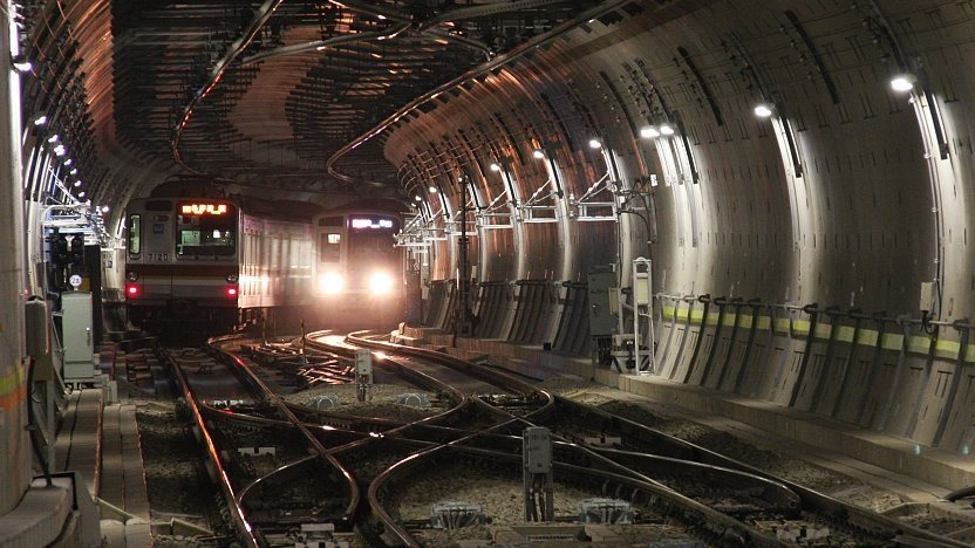Manufacturing Slowdown Deepens: Japan's Industrial Pulse Hits New Low in January

Japanese Manufacturing Sector Shows Signs of Resilience in January 2025
Japan's manufacturing sector demonstrated modest improvement in January 2025, offering a glimmer of hope for economic recovery. The Jibun / S&P Global Manufacturing Purchasing Managers' Index (PMI) revealed encouraging trends that suggest the industry may be gradually stabilizing after a challenging period.
The headline PMI for January climbed to a promising level, indicating a slight expansion in manufacturing activity. This uptick reflects growing optimism among Japanese manufacturers, who are navigating complex global economic challenges with increasing confidence.
Key highlights of the report include:
- Modest growth in production output
- Slight increase in new orders
- Improved supplier delivery times
- Cautious but positive employment trends
Economists note that while the recovery remains fragile, the January data suggests that Japanese manufacturers are adapting to the evolving economic landscape. The sector continues to show resilience in the face of ongoing global uncertainties, including supply chain disruptions and international trade tensions.
Businesses are increasingly focusing on innovation, efficiency, and strategic investments to maintain competitive edge in the rapidly changing global market.
As Japan moves forward in 2025, the manufacturing sector appears poised for potential growth, with manufacturers remaining cautiously optimistic about future prospects.

